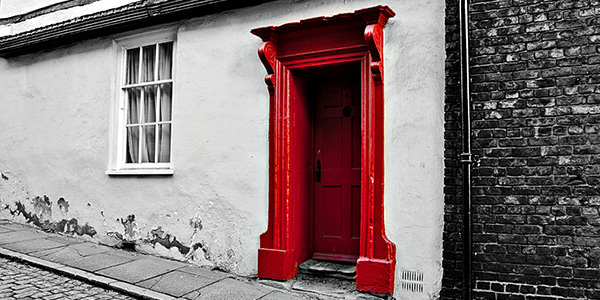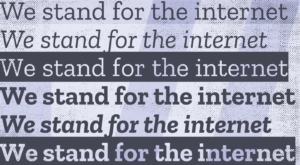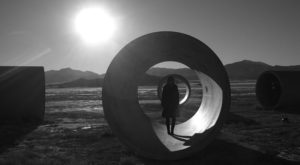What if you threw a party and nobody came?
That was a lurking concern I had about this Open Design initiative, and I needn’t have feared.
A global cross-section of designers, advisers, and critics has walked through the open doors of our brand refresh. Each comment, whether insightful, challenging, tart or sweet, demonstrates that someone cares about the future of Mozilla.
A big learning from this give-and-take has been that many people, even longtime fans, conflate and mix-up Mozilla and Firefox. We can’t blame them, really. As an organization, we have done a poor job distinguishing our parent brand Mozilla from our high-achieving brand-child Firefox.
Mozilla is not a browser; it makes a browser. Albeit one that has grown so popular, it casts a shadow over its progenitor. Mozilla also creates core technologies that improve the Internet, challenges growing corporate consolidation in legislatures and courts, educates people about their power on the Web, and sparks understanding of the Internet as a global public resource.
We don’t do this work alone. Often we convene, support, and collaborate to produce a positive outcome. When we take the lead, we invite others to join us. This open design process is one example.
What we haven’t done as well is generate understanding about the work we do and why. That’s changing. As we prepare to reintroduce Mozilla to the world, our brand identity and experience will be important components of that understanding.
Active Listening
What have we distilled from feedback on our seven initial territories?
Many feel that “For All” and “For Good” on their own are too abstract and insubstantial. Heading in either direction might lead to a brand identity that’s not distinct enough from other social benefit organizations in the world. Pairing one or both of these ideas with a more active option, however, is worthy of further study.
Several commenters regarded “The Guide,” as too abstract, not capturing our ability and responsibility to create a better Internet and lead people on the path toward it. We’re not working on the Internet as an abstract principle, but because we want it to empower people.
On their own, “The Protector” and “The Fight” come across as too defensive. Mozilla is not just about preserving the present and celebrating the past. We are about creating the conditions for future growth and opportunity of the Internet. Paired with ideas drawn from other directions however, describing the threats to the Internet may be necessary to help people understand what’s at stake.
In some comments we also found references to Mozilla’s past and future role as a champion for the boundless Internet. This sentiment reinforced our own realization that we’d under-emphasized the optimism and wonder ahead of us as the Internet grows.
We also received great some reminders:
- Several reviewers called us to task for being too America-centric either in our language or political references. We will try harder to be aware of our biases and build a brand that works around the world.
- One contributor suggested that constructing a dynamic, living brand would be helpful for encouraging global adoption, and we agree.
- Another reminded us that we need to build this brand together, not impose it on our millions of followers.
And that’s what we’ll continue to do. Thanks for walking by our side. And if you’re new to this, welcome to the party.











Doug Pelton wrote on